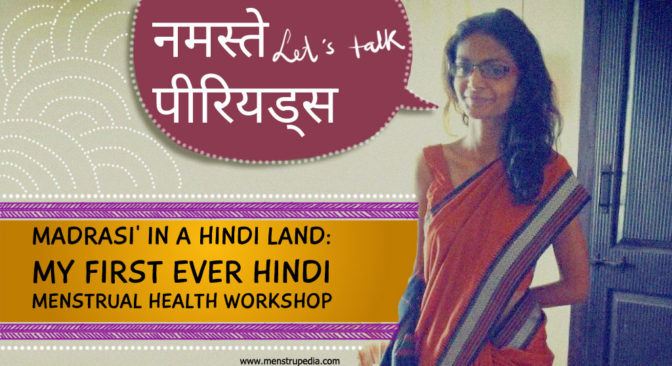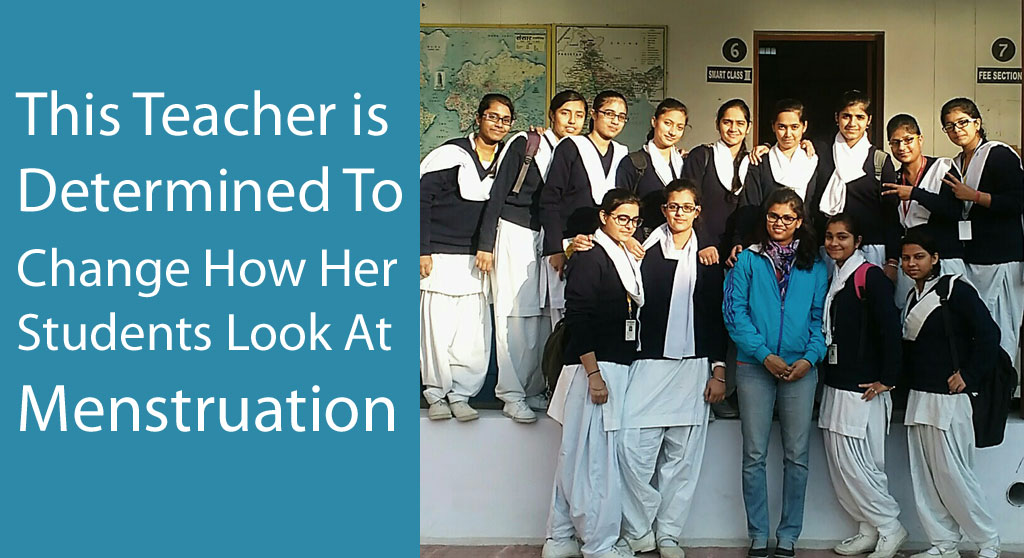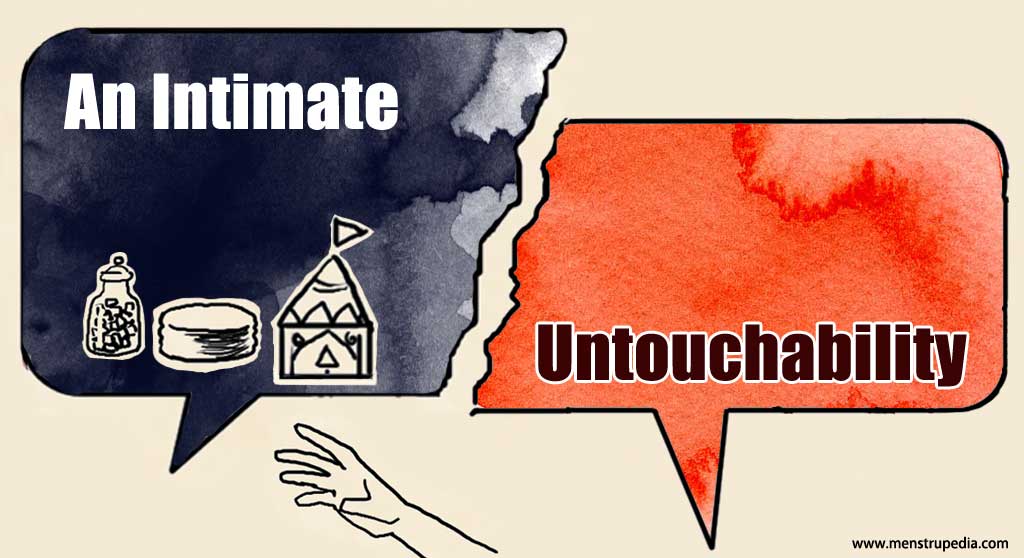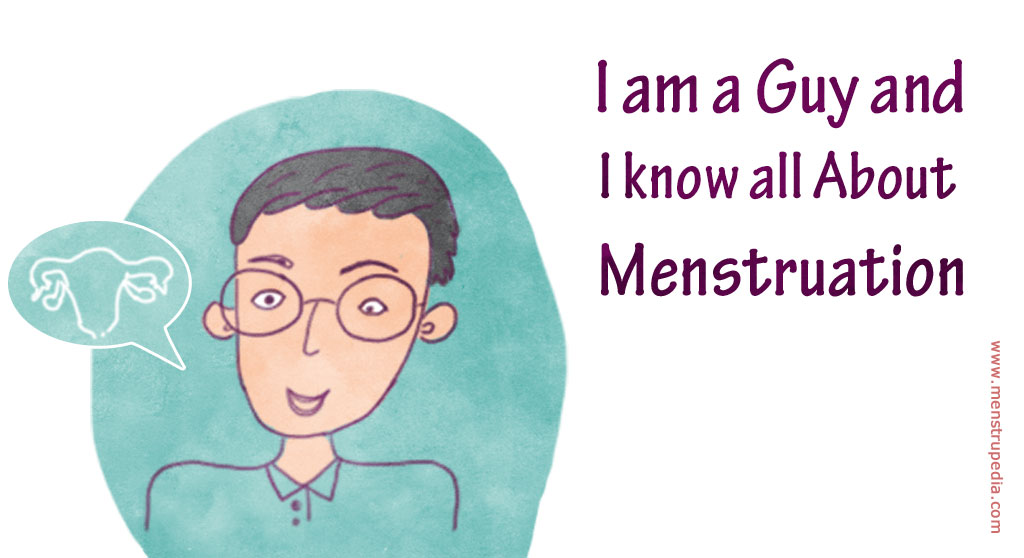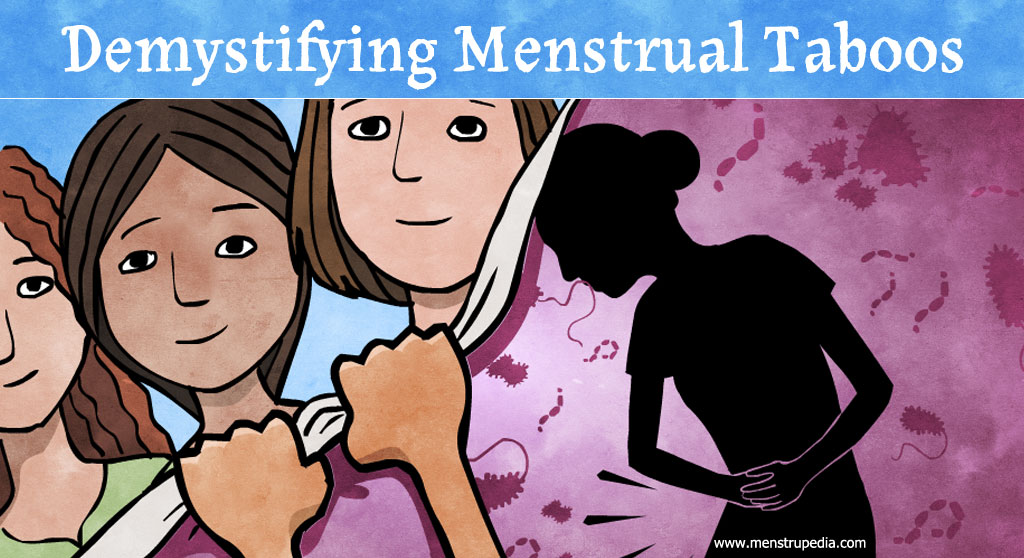March 1997
In the dusty summer holidays of my childhood in the Bengaluru of yore, my mother dragged my sister and me to our ‘Hindi tuition classes’ 4 days in a week. We would wait at the bus stop for hours for the rickety, one-every-hour, red coloured BTS bus. If we missed that, my mother would rush us in an auto rickshaw, with its minimum fare of 7 rupees and 50 paise. Be it an increase in auto fares or unexpected summer showers, tantrum-throwing children or relatives descending on our little house, my mother always ensured that we did not miss a single class.
For a family whose mother tongue was Telugu, I grew up in a predominantly Kannada-speaking household, where only Doordarshan (and thus, Hindi) played on television. And of course, English was taught at school. In this beautiful hodgepodge of languages, Amma resolved that making us learn Hindi was a must. Her grit ensured that by ages 19 and 21, respectively, my sister and I had earned our supplementary Bachelor’s degree in Hindi. We rolled our tongues at Kabir and Rahim, we stuttered through the muhaavres (proverbs), we fell in love with the Radha-Krishna serenades in Braj poetry and basked in the languorous language of Nirmal Verma and Harivansh Rai Bachchan.
March 2016
In March this year, I stumbled upon a big opportunity. Having conducted several menstrual health, hygiene and body safety sessions in Kannada and English for adolescents at the organization I work for, I was asked if I could design and conduct an hour-long Menstrual Health Management module for women in the hinterlands of Madhya Pradesh. A swift ‘yes’ later, it hit me that this would be my first such programme in Hindi. Gasp! Of course, my written Hindi was good, but would I be able to do justice to this, in a language that was not quite my own?
A fortnight before the programme, I sat down to figure out the complete translation of the workshop. In the very beginning, I did a run-through of all the important words and phrases, and imagined their Hindi equivalents: puberty, menstruation, white discharge, pregnancy…
At the end of an hour, I realized that I sounded like an English-Hindi Shabdkosh (read dictionary), and not like a normal Hindi-speaking human being. My knowledge of Hindi, primarily acquired through reading and writing, and NOT through conversations, made me sound like a bot. So after two days of walking around saying ‘namaste’ and trying to converse with every soul (animals included) in Hindi, I bumped into something more fruitful.
Enter Menstrupedia. As if the universe conspired to make this happen, Menstrupedia had released their trainer’s guide video “Hello Periods” in Hindi that very week! I watched the 20 minute-long video that employed every word and phrase in conversational and human-sounding Hindi.
Though the setting of the trainer’s video is urban in nature, the terminology used is universal in the Hindi-speaking world. I furiously made extensive notes and pretty much wrote down every single word. And just so I did not forget the words at a later point in time, I wrote each English word and its Hindi equivalent ten times, as if I was writing an imposition. Just like old times when Amma sat me down to do this under her watchful gaze.
Armed with all this new-found knowledge, I prepared myself for the first session at Shivpuri in Madhya Pradesh. Before the session officially began, I even asked the volunteers for local words and terms that the women used. Everyone agreed that the women would understand ‘periods’, ‘date’ or ‘maheene’ to refer to menstruation, though ‘mahavaari chakra’, ‘maasik dharm’ and other such cumbersome terms were out of use. Phew. And five minutes before the session, struggling to find the appropriate way to say ‘hips’, in the context of physical changes occurring in girls during puberty, I Googled it. Biggest mistake. Of course, hips in Hindi = Jungli gulaab ka laal phal, which, errr… means ‘the red fruits of wild rose’. Guffawing with laughter, I walked towards the session hall to conduct my first ever session in Hindi.
A group of excited adolescent girls had gathered. I invoked my teacherly self and started the session. During the course of this, as well as the seven other sessions that I took, as always, I realized that the women used abbreviations and euphemisms to refer to some of the terms that we frequently referred to during the course of the session. A striking example is that of referring to menstruation as ‘emcee’. Ten minutes after I heard it, it occurred to me that it was an abbreviation of ‘Menstrual Cycle’ – MC in short. A day later, another such term came up – pain. Well, yes. Pain. In the beginning, I assumed that they were referring to menstrual cramps that women generally experience during periods. Over the course of the session, realization dawned. For all the troubles that their internal reproductive anatomy impinged on them for a major part of their lives, the women had not-so-fondly christened their uterus as ‘pain’. *Cringe!*
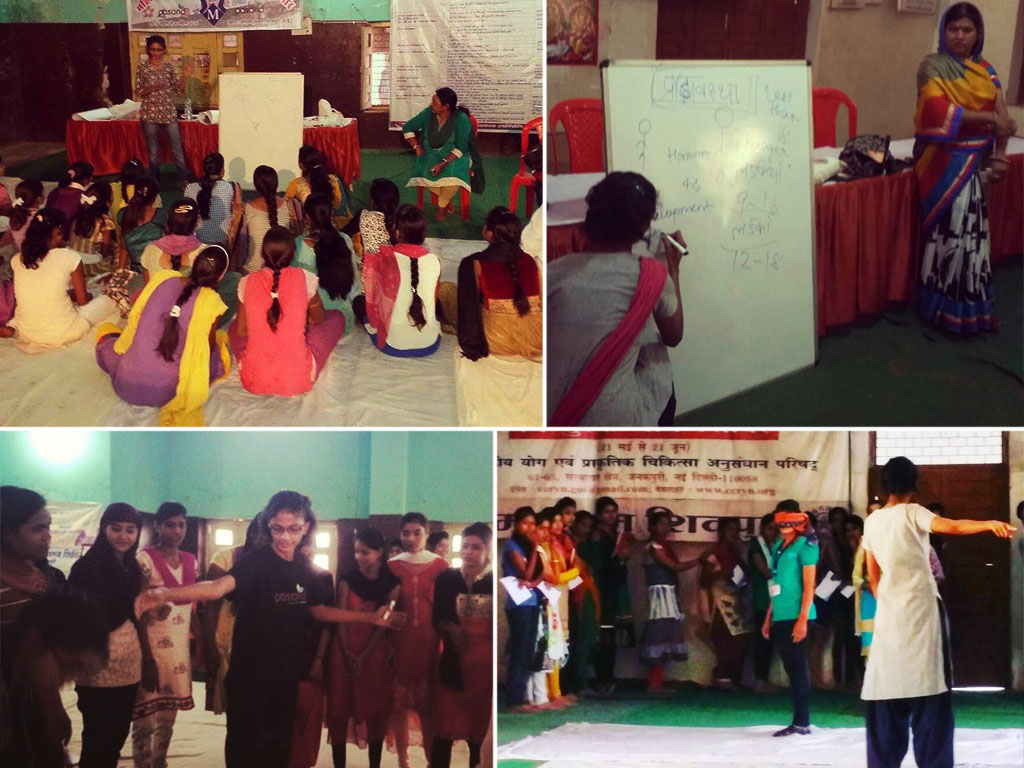
During the sessions, if I forgot a word, the women pitched in; if I fumbled, they graciously forgave me. If they did not understand, they asked, and I fumbled some more, but ensured that they eventually understood. I introduced myself as someone who is “from Bengaluru in the down South” at the beginning of every session; this cleared their expectation that I speak flawless Hindi. I confessed that I did not learn Hindi the way they had; that it was my third skin. That kind of honesty was appreciated, and several girls and women came up to me later to thank me for the sessions. In between, I WhatsApped Amma often to thank her for her rigorous pursuit of my learnings.
Despite the linguistic-sematic hitches and glitches, the 8 sessions in Hindi went extremely well. So much so that one of the organizers had this to say – “Dekho, woh ladki Madras se hain. Par itni acchi Hindi bolti hain” (Look, that girl is from Madras but she still speaks such good Hindi). I thanked him for his back-handed compliment, but quickly clarified, lest he should perpetrate the prevalent stereotype that all South Indians are ‘Madrasis.’ After 4 days of back-to-back sessions, the 300 odd girls left with a feeling of empowerment and they definitely left me with the feeling of having tamed yet another tongue!

Author: Sharmada Shastry
Sharmada is a reclusive writer and poet from Bengaluru. She is the official period scoop connoisseur for Menstrupedia and works with Pasand on menstrual and reproductive health.You can drop her an e-mail at [email protected]
Featured Image edited by Aditi Gupta.


